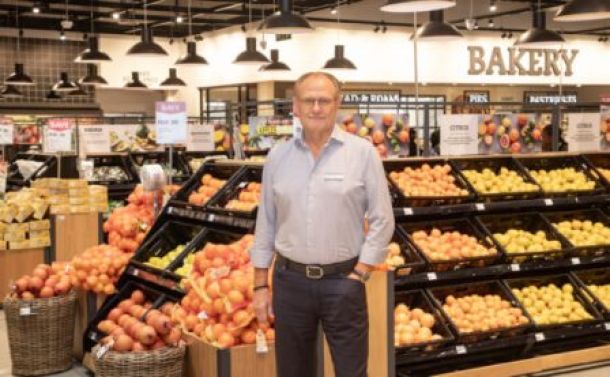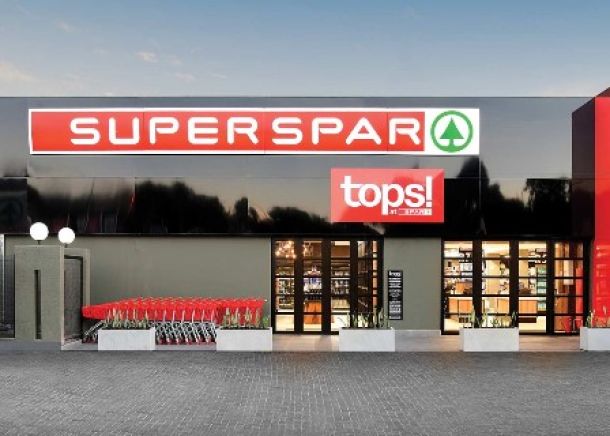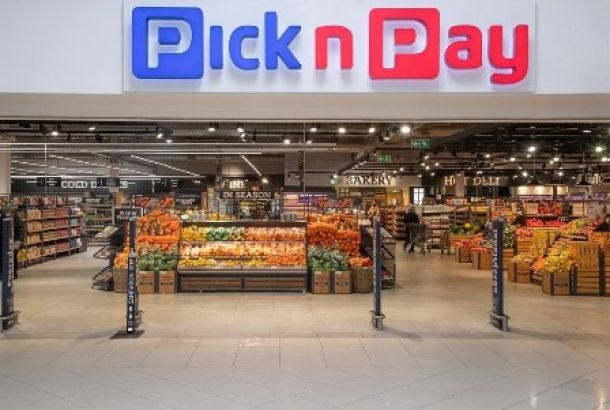Investors shave R15bn off Shoprite after dire report
Shares slump to biggest one-day drop since 1999. Investors shaved R15bn off the value of Shoprite on Wednesday (30/01/2019) after Africa’s biggest retailer by market capitalisation issued a dire trading warning the previous day.
The shares slumped as much as 16.6% and closed 14% weaker at R153.13, valuing the company at R90.5bn. It was its biggest one-day drop since 1999, after it said its troubles in the rest of Africa would combine with food-price deflation in its own market to push headline earnings per share down as much as 36%.
Wednesday’s decline pushed the stock’s drop over the past year to 36%, compared with an 11% decline on the FTSE/JSE Africa Food & Drug Retailers index. The all share index dropped 9.1% in the same period.
Like peers such as Woolworths, which largely caters for wealthier customers, Shoprite has been knocked by a weak economy that slipped into a recession in 2018. Consumers saw their buying power being squeezed by a combination of higher taxes and fuel prices that rose to record highs.
"Profitability has been affected by SA deflation and consumers under extreme pressure, as well as inflexible costs, many of which are fixed in dollars across other African countries," commented Alec Abraham, an analyst at Sasfin Securities in Johannesburg.
Pick n Pay, which lost as much as 4.9%, Spar and Woolworths all fell on Wednesday.
Shoprite, which has almost 3,000 stores across the continent, saw its non-SA revenue for the quarter to end-December falling 17.24%, adding to a 12% drop in the year to end-July.
These operations have been hit by a massive currency devaluation in Angola, and to a lesser extent, in Zambia and Nigeria, which drove up import costs and depressed revenue from those countries when converted into rands. These markets previously boosted the bottom line and enhanced the company’s attraction as a continental force in retail. Locally, Shoprite struggled with labour unrest at its largest distribution centre in Gauteng, which accounted for 53% of its centralised food distribution in SA, as well as the introduction of a new IT system.
"Shoprite’s high SA margin has been driven by a formula of low prices in ever-improving stores," said Charles Allen, an analyst at Bloomberg Intelligence. Yet "availability issues, caused by an IT upgrade and strike, have hurt revenue".
Some investors are waiting to see the outcome of the general election, set to be held in May, before deciding on whether to revalue Shoprite, said independent retail analyst Syd Vianello. With Bloomberg
News Category
- International retailers
- On the move
- Awards and achievements
- Legislation
- Wine and liquor
- Africa
- Going green
- Supplier news
- Research tools
- Retailer trading results
- Supply chain
- Innovation and technology
- Economic factors
- Crime and security
- Store Openings
- Marketing and Promotions
- Social Responsibility
- Brand Press Office
Related Articles

Pick n Pay plunges 16% on JSE as stock adjusts ...

SPAR suffering from a hangover

Pain for Pick n Pay

Pick n Pay disaster


